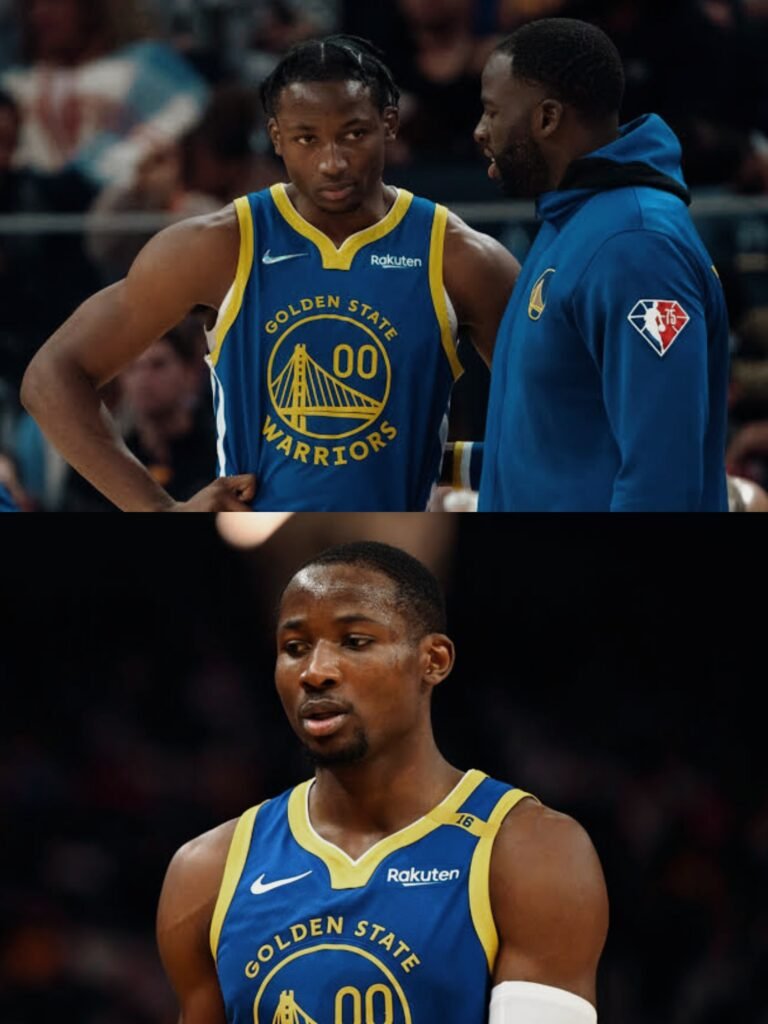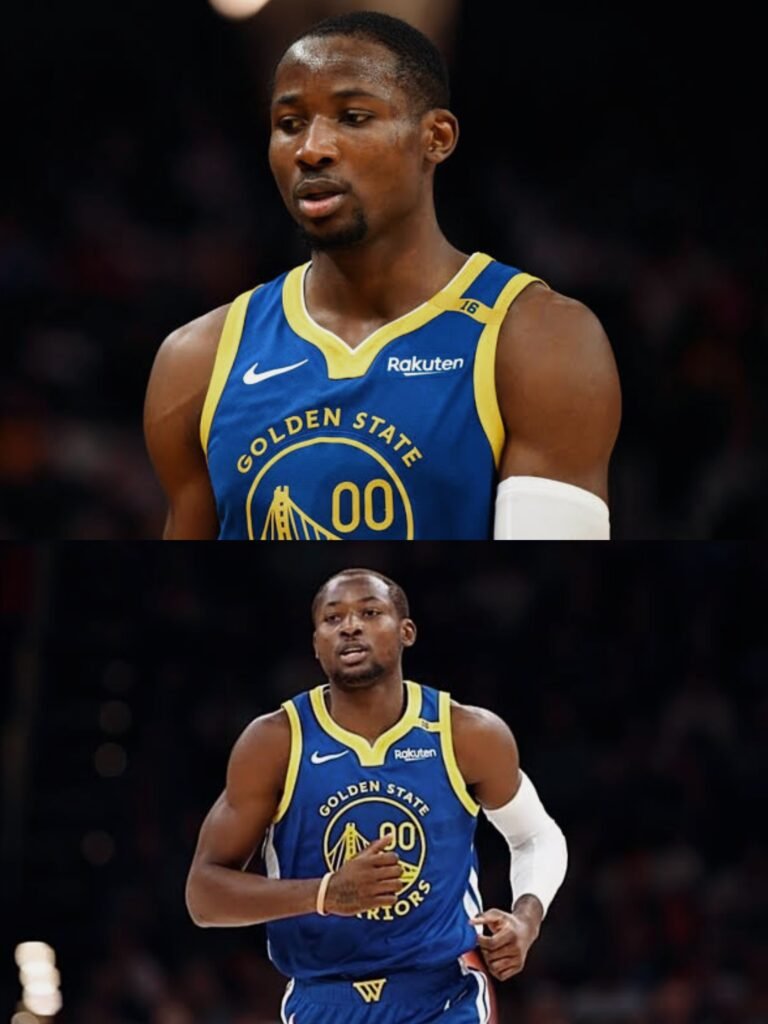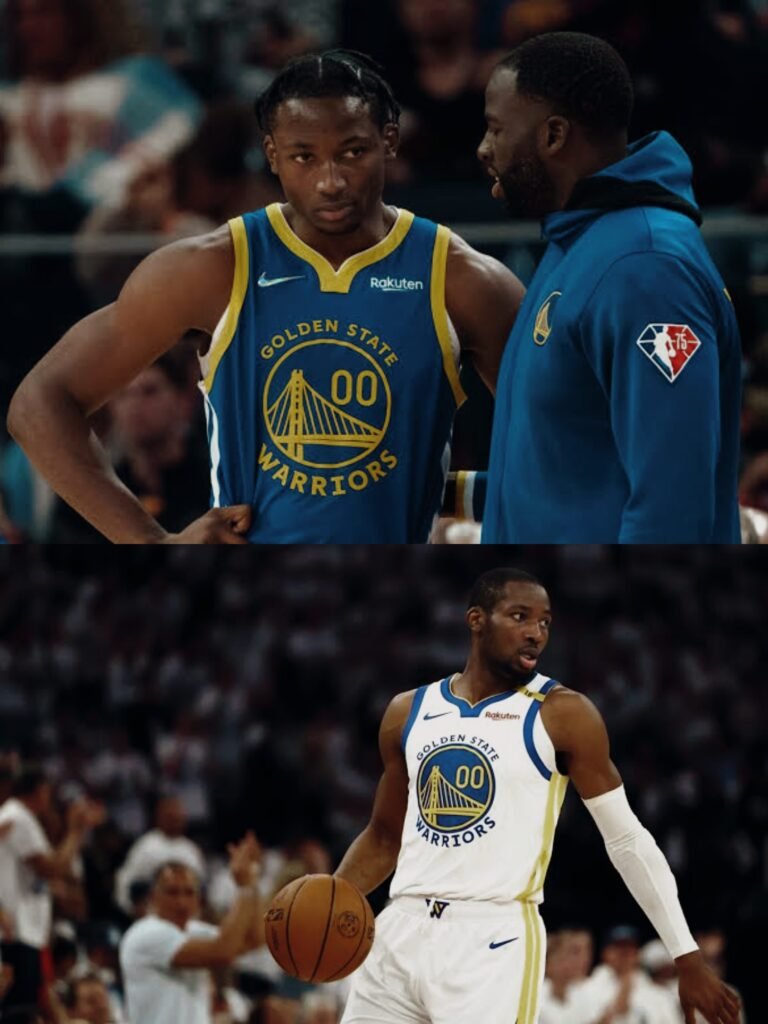Restricted free agent Jonathan Kuminga has turned down the Warriors’ two-year, $45 million offer, indicating dissatisfaction with key contractual terms—namely the team option for the second year and the lack of a no-trade clause. According to sources, Kuminga kept looking at other options since the Warriors refused to budge on those issues.
Although the largest offer on the table was $21.7 million for the first year, Kuminga and his team maintain that stability and control are more important than the short-term financial benefit.
Courtship from the Suns and Kings: Bigger Money, More Control
According to reports, the Phoenix Suns and Sacramento Kings, two teams in the Western Conference, have made four-year offers totaling nearly $90 million, which include a player option for the final season. Phoenix has been the most active in its pursuit of Golden State, offering sign-and-trade options. That contract structure provides Kuminga with not just a higher guaranteed payment, but also a clearer path to a prominent job and long-term security.

Kuminga believes these offers mark a new beginning, with the promise of starting minutes and respect—attributes that he believes have been lacking in Golden State’s rotation.
Stalemate Grips Golden State’s Offseason
The Warriors are still the only NBA club that has yet to make a free-agent addition or trade, with Kuminga’s unsettled condition preventing personnel movements. With their leverage as a restricted free agent, they have alluded to ending sign-and-trade discussions completely.
This contentious stand still leaves them with two options: Kuminga accepts their current offer—or he takes the $7.9 million qualifying offer, allowing him unrestricted free agency in 2026. Less money is involved in that qualifying offer, but more autonomy and trade veto rights are maintained. Many league sources warn that if Kuminga chooses that path, Golden State may be “f‑‑‑ed” because of his reduced influence and value in trade situations.
Stats & Performance: Rising Expectations
Kuminga has averaged 12.5 points and 4.0 rebounds across 258 NBA games. In 2024–25, he showed a notable improvement, averaging 15.3 points and 4.6 rebounds in 47 games following an ankle injury. With an average of 20.8 points per game over five games, he put up a tremendous playoff performance against Minnesota in the second round.
As a 22-year-old former No. 7 pick, Kuminga combines youth, raw athleticism, and untapped upside—making him highly valuable in a tight domestic restricted market.

What’s at Stake: Control, Opportunity & Future Value
For Kuminga:
Seeks long-term security, respect, and role control
Prefers teams that promise consistent starting minutes
May gamble with the qualifying offer to reach UFA status—though with risk
For the Warriors:
Value is derived from retaining cap flexibility
Require roster control via team options and no-trade clause
Are reluctant to surrender a first-round pick for sign-and-trade value without guaranteed return
For the Suns and Kings:
Willing to invest in long-term financial guarantees
Viewing Kuminga as a potential high-ceiling forward in power rotations
Positioning to offer him a starring role and a fresh team culture.
What Happens Next?
With camp months away and negotiations at a halt, there are a few options:
Kuminga returns after accepting Golden State’s offer.

Due to trade return and financial concerns, the Warriors agree to a sign-and-trade with either Phoenix or Sacramento, but there are no obvious winners.
Kuminga risks entering open free agency in 2026 by taking a chance on the qualifying offer.
Both the athlete and the franchise stand to gain and lose from either path.
Final Takeaway
Jonathan Kuminga’s choice shows that he is a player who wants more than simply money; he wants control, respect, and chance. Despite Golden State’s greater one-year payment, Kuminga has been forced to accept offers from Phoenix and Sacramento due to the team’s tight conditions and lack of freedom. How this standoff is resolved may influence not just Kuminga’s career, but also the Warriors’ ability to move in a cap-constrained summer.
His pursuit of a $90 million contract and player option exposes a young player becoming more aggressive about his role—a watershed point in his career and a key juncture for Golden State’s offseason strategy.